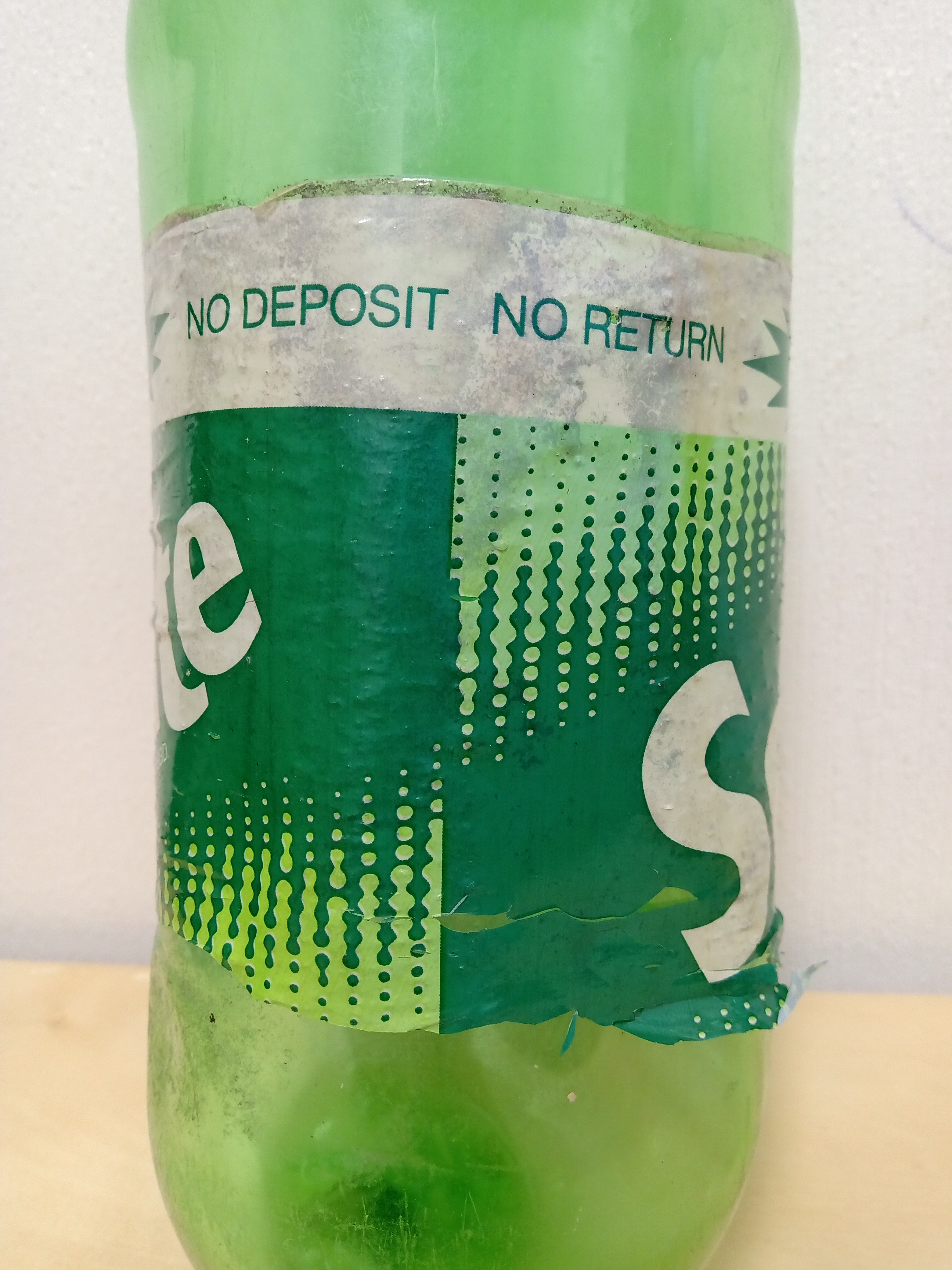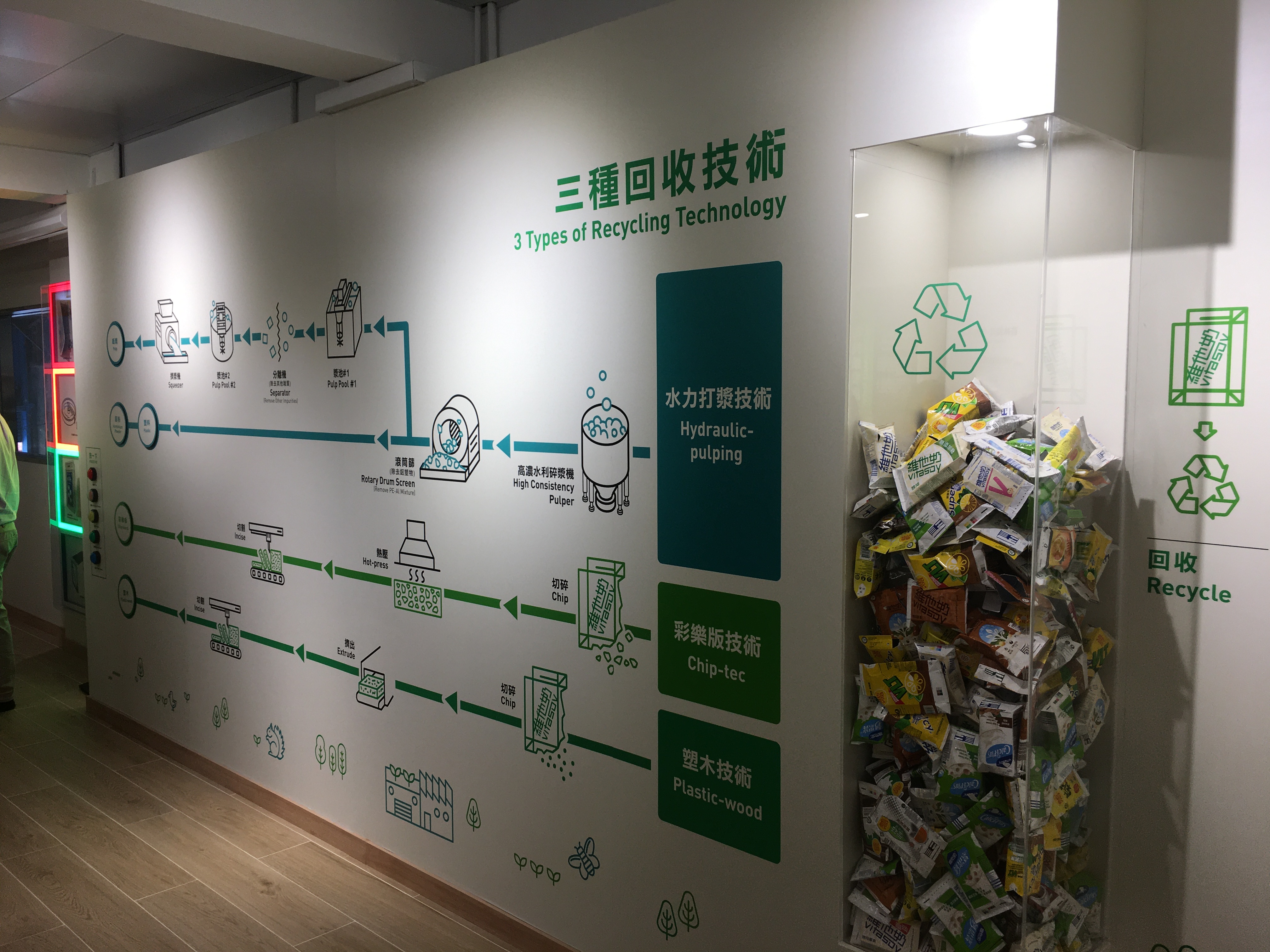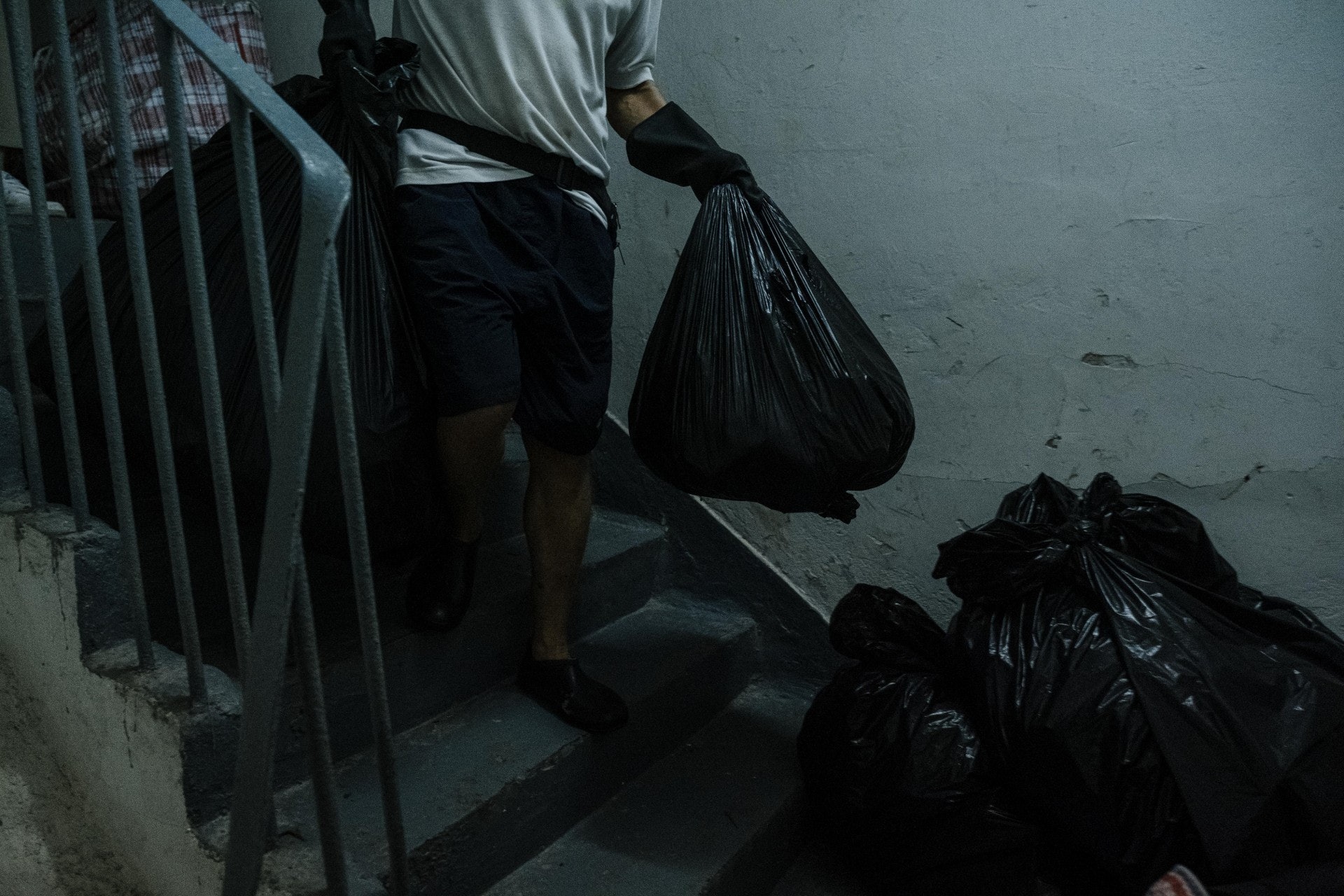How Hong Kong can cut wasteful spending and boost revenue
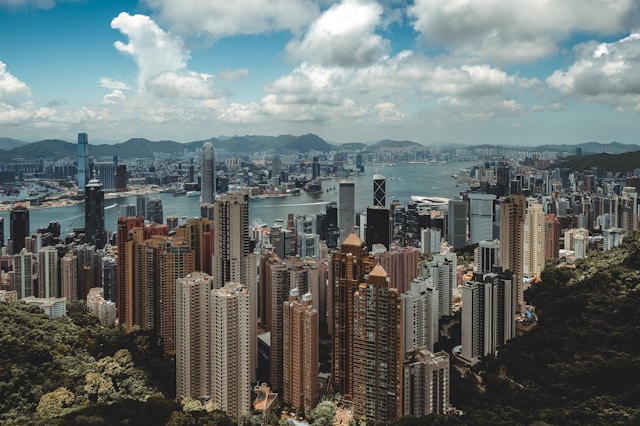
(22 Jan 2025 SCMP)
The government and general public alike should have deep concerns about the potential impact on our economy and livelihoods of Hong Kong’s projected budget deficit for the current financial year, which Financial Secretary Paul Chan Mo-po said was expected to be around HK$100 billion (US$12.8 billion).
This would be the third consecutive year in which the city has seen a deficit of more than HK$100 billion. Chan has also said that the city’s reserves are projected to drop to HK$685 billion by the end of March, the lowest level in more than a decade.
In such a critical situation, a responsible government that truly cares about Hong Kong and its residents must come up with effective measures to avoid further losses and earn more revenue from known and untapped sources. It must also do so within a shorter time frame than the three to four years Chan has said it would take to bring the budget out of the red.
The public coffers have heavily subsidised many services in recent years, including medical care, social needs and education. Officials must find the most effective and meaningful ways to limit expenditure while ensuring those public services are not adversely affected.
Even middle-level managers know that, beyond boosting revenue, keeping any entity financially healthy requires identifying wasteful spending which can be addressed quickly. There have been suggestions that the salaries of civil servants and lawmakers be cut to help reduce the deficit, but such plans have been called counterproductive.
Instead, Chan should focus on finding wasteful utilities spending first, such as with electricity and fuel. Reducing unnecessary consumption and enhancing energy efficiency will bring dual benefits, saving money and reducing greenhouse gas emissions which will aid the fight against climate change.
Last year was the hottest year on record for both Hong Kong and the world in general. During my visits to a variety of government offices and the Legislative Council building, I often found indoor temperatures during the summer to be too cool, so much so that sometimes I noticed people shivering.
In September, the Electrical and Mechanical Services Department updated its chart showing the energy utilisation index (EUI) – a measure of the relative efficiency of a building’s energy usage – for commercial buildings. The EUI figure for government office buildings was 676 megajoules per square metre annually, almost 70 per cent higher than that of grade A commercial offices at 398 megajoules per square metre.
This indicates considerable room to improve energy efficiency in government office buildings. If the government takes this seriously and asks every department head to lower the EUI of their respective buildings to a similar level to that of a grade A commercial office, it would significantly lower the government’s energy bill and help the city reduce its carbon emissions from electricity generation, which amounts to about two thirds of the city’s total carbon emissions.
In addition to cutting wasteful spending, Chan should explore sources of untapped revenue. For instance, when the first stage of the Environmental Levy Scheme on Plastic Shopping Bags was launched in 2009, all levies collected by the regulated retail outlets had to be returned to the government. The levy was raised to HK$1 per bag in 2022.
However, retailers are now allowed to keep the collected levies as part of their income. The government has not made any stipulation that this income should be used solely for environment-related activities or as charitable donations. It also no longer requires retailers to report the amount of levies collected, a potentially huge sum the government could use to support more public environmental education or other worthy environmental action.
Chan should demand that retailers return all such levies to the government as a way to shore up revenue. He should also increase taxes on tobacco, alcohol and other products harmful to people’s health as a way of raising revenue and discouraging consumption. This could ultimately lower healthcare costs for the government and help Hongkongers lead healthier lives.
Through the Mega Arts and Cultural Events Fund and the “M” Mark System, the government supports large-scale events promoting the arts, culture and sports to boost the economy and certain industries. However, some events have generated huge amounts of waste, creating an additional environmental burden.
The authorities should only grant funding to applicants who can satisfy strict environmental requirements addressing waste reduction, reducing carbon emissions and supporting nature conservation efforts. Rejecting applications to host environmentally destructive events will save the government money on the initial grant and the clean-up after the event.
Finally, the proposal to build artificial islands off Lantau should be consigned to history. Even a layman can see that the government risks ending up insolvent if it insists on going ahead with unsustainable reclamation work and infrastructure projects.
Edwin Lau Che-feng is executive director of The Green Earth
Source: Opinion | How Hong Kong can cut wasteful spending and boost revenue


 綠惜講座
綠惜講座

 2025-01-22
2025-01-22
 返回
返回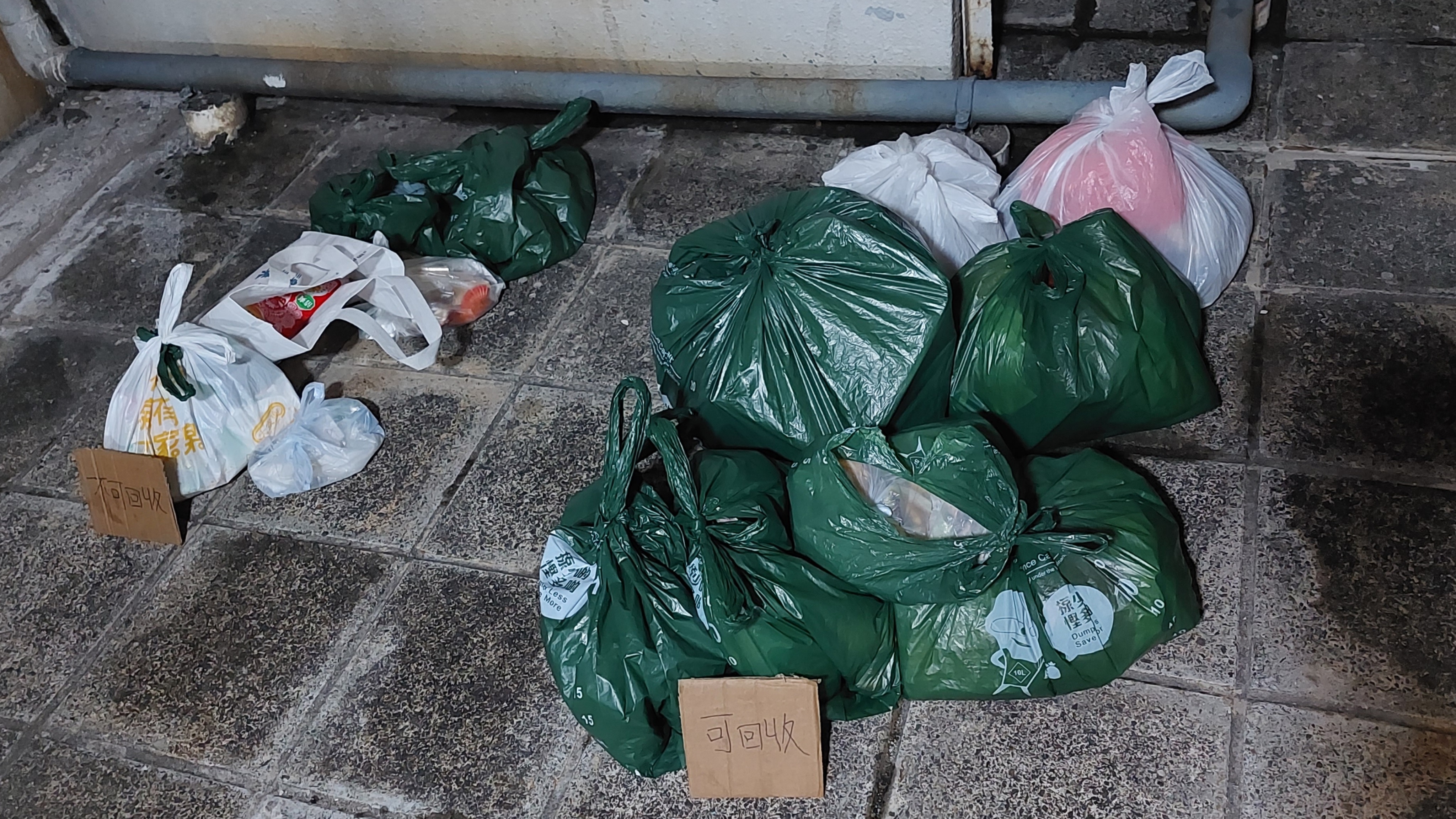
 2024-05-09
2024-05-09
